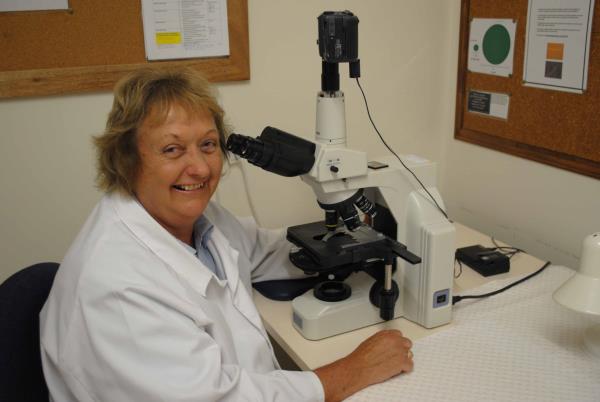
By TANIA PHILLIPS
A TWEED scientist is set to revolutionise water management strategies internationally after a major blue-green algae (cyanobacteria) breakthrough.
Sally Everson, based at the Tweed Laboratory Centre in Tweed Heads South, made the discovery as part of her PhD studies.
Dr Everson discovered that toxins created by a certain species of the algae (Cylindrospermopsis raciborskii) accumulate at a different depth from the cyanobacteria that produced it.
This has important implications for water quality management, as treatment currently focuses on the depth of the cyanobacteria, rather than the depth where the toxins were found.
While her research centred on the Tweed River catchment, Dr Everson’s findings are applicable internationally where this species of cyanobacteria is found. Her findings have already featured in two leading-edge publications. She has also travelled to New Zealand and Italy to present her findings.
“I hope my research will be used to influence algae management strategies and minimise the risks associated with potentially toxic blue-green algae,” Dr Everson said.
“It’s exciting when you find something that no-one was expecting. I hope to continue to develop my findings to better help our clients at the Tweed Laboratory Centre,” she said.
Dr Everson is the senior technical officer (phycology) at the Tweed Laboratory Centre. The multi-million dollar facility is a market-leader in algae identification and research, providing testing and reporting services to support private landholders, council and other government agencies to roll out early intervention measures to combat detrimental algal blooms.
Algae are free-floating microscopic plants that grow with light and nutrients. Various types of algae are found in Australian waters, including blue-green algae. They are natural to waterways and are part of the aquatic food chain; however, they can be detrimental to the water system.
“While most algae species are harmless and are part of the natural balance of aquatic life, there is a need to identify and monitor the troublesome species, as they can grow from a few cells to bloom numbers in a matter of days, if conditions are right.
“Phycology, the study of algae, is a fascinating field, where you become the instrument. It takes years to gain the knowledge and experience to be able to identify the many thousands of different species of algae that exist in our waters.
“I was really fortunate in having the support of three incredibly knowledgeable supervisors (Associate Professor Larelle Fabbro and Dr Susan Kinnear from Central Queensland University and the council’s Dr Paul Wright).
“Tweed Shire Council has been amazingly encouraging over the years. The team at the Tweed Laboratory Centre, under the leadership of Dr Paul Wright, have been 100 per cent supportive throughout my project,” Dr Everson said.

